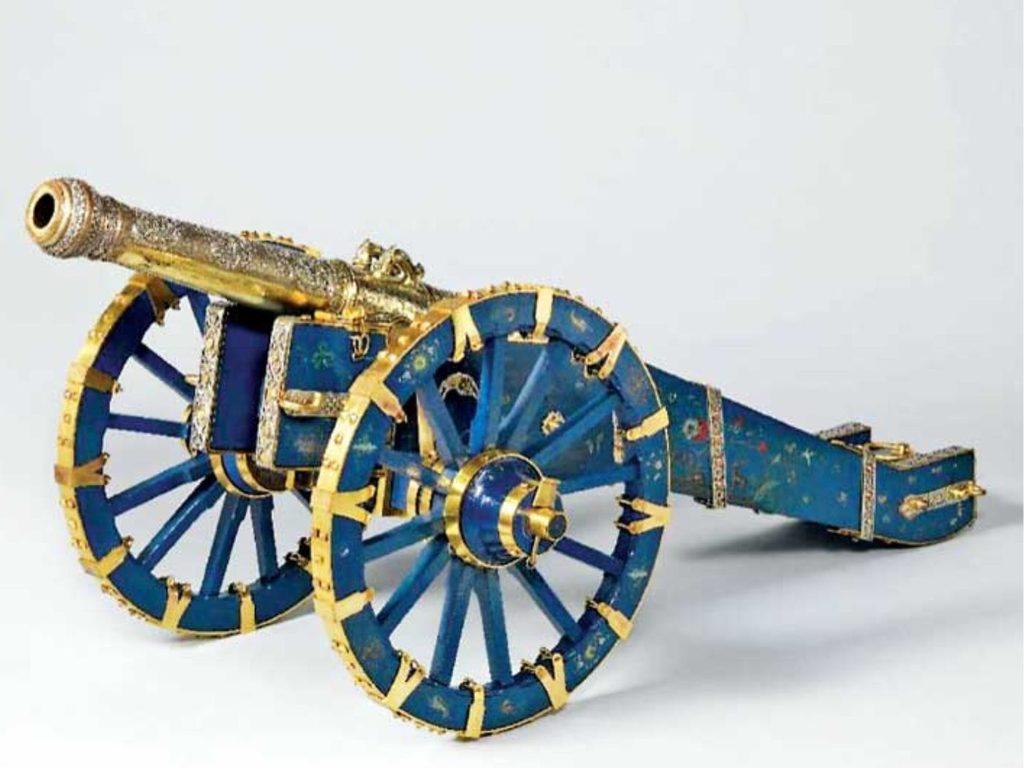The Netherlands is to return 478 works of art to Sri Lanka and Indonesia, Dutch State Secretary for Culture Gunay Ulsu announced on Thursday.
Some of the artefacts include the Lombok treasure (from Indonesia) and the Cannon of Kandy (from Sri Lanka). All of the objects were wrongfully brought to the Netherlands during the colonial period, acquired under duress or by looting.
In returning these works of art, the Dutch Government is not only responding to a request from the two South Asian countries but is also following the recommendations of the Advisory Committee on the Return of Cultural Objects from Colonial Context. The committee has been examining the issue in close collaboration with the countries of origin.
The said works are currently held in the collections of the National Museum of World Cultures and the Rijksmuseum in Amsterdam. "We appreciate the state secretary's decision and see this restitution as a good step in our cooperation with Sri Lanka," said the director of the Rijksmuseum, Taco Dibbits.
Dutch Culture Secretary Uslu described the moment as "historic", marking "closer cooperation with Sri Lanka and Indonesia." "We are not just returning the objects", she added. These are works of great cultural and symbolic importance, such as the Lewke cannon, covered in gold, or the hundreds of coins and jewels in the Lombok treasure.
Lewke’s cannon was used to fire salutes to welcome visitors to the King of Kandy in modern-day Sri Lanka. On the barrel are the king's symbols of a sun, a crescent moon and the Sinhalese lion. During a military campaign in 1765, the Dutch captured the cannon and gifted it to Prince William V for his cabinet of curiosities in The Hague.
The forgotten empire?
The Netherlands colonial empire was established through trading posts and control of shipping routes. In Indonesia, the Dutch East India Company (VOC) began establishing a presence in the area in the 1600s, before later establishing the Dutch East Indies in 1800, which largely corresponds to borders of modern-day Indonesia.
Buoyed by colonial competition, Dutch Ceylon (Sri Lanka) expanded from a collection of trading posts to the length of Sri Lanka's coast, but excluded the uncolonised Kingdom of Kandy in the centre of the island. Dutch Ceylon lasted 150 years before the colony was taken over by the British, including Kandy in 1815.
The news comes after King Willem-Alexander of the Netherlands officially apologised for his country’s involvement in the slave trade on Saturday 1 July.

